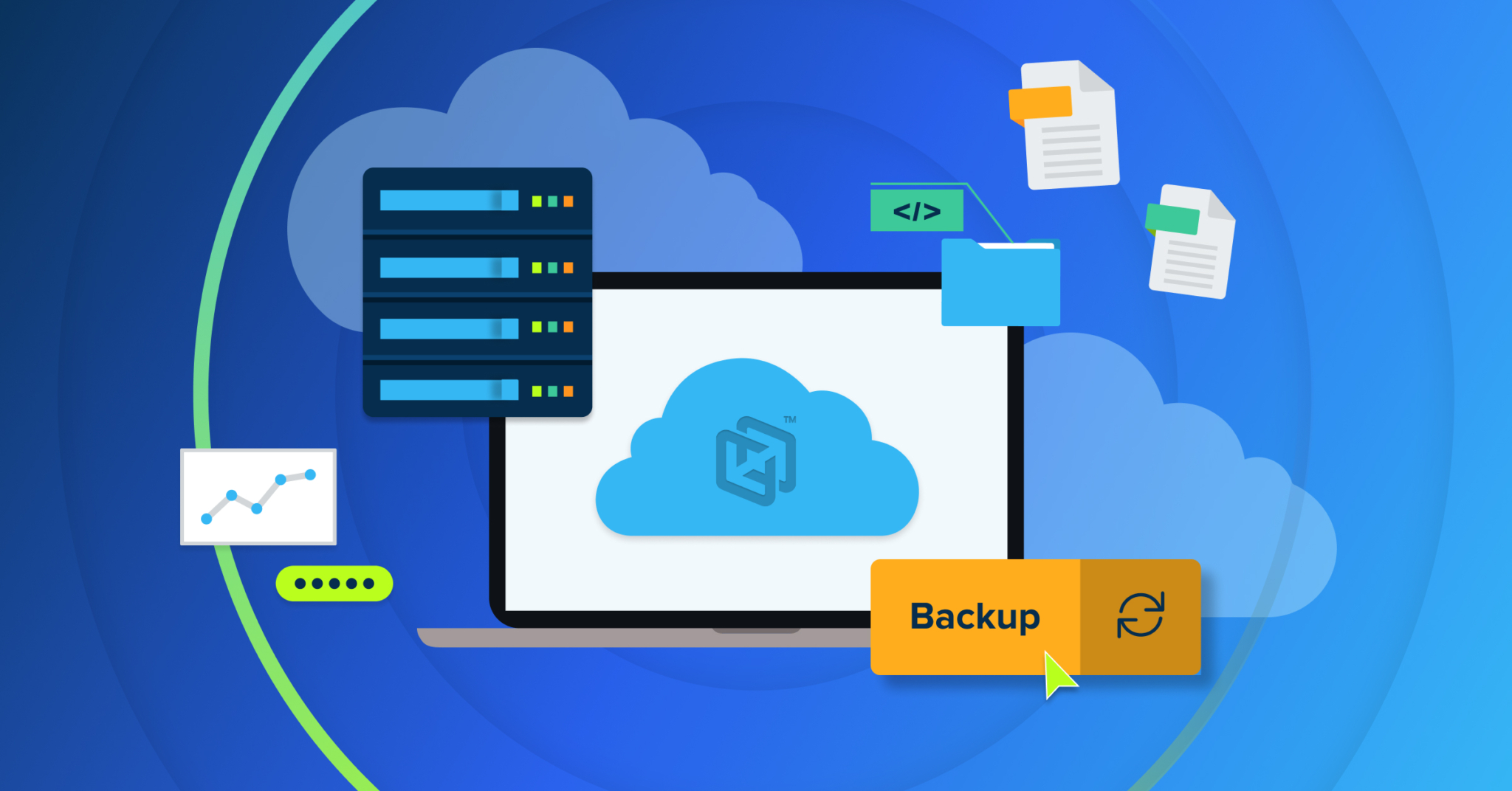
Biotech organizations have to handle a great deal of data every day as they perform research and develop innovative products. Whether this data is regulated or non–regulated, biotech teams can’t be slowed down by legacy technology, paper files, or downtime from data loss. Due to the importance of digital files for all aspects of a biotech organization’s daily work, safe and secure data backups are a must.
5 Strategies for Biotech Data Backup
Without safe and secure data, your biotech organization is more at risk of data loss and ransomware. If ransomware or other malware infects your network or a disaster causes you to lose data, it can significantly impact worker productivity, client trust, and the development cycle of various products. Instead of risking downtime due to a data loss event, you can improve data safety and security by following the top five strategies for biotech data backups below:
1. Create a Disaster Recovery Plan With Clear RTOs and RPOs
Any biotech organization needs a disaster recovery plan to ensure their team knows what to do during a data loss event. With a comprehensive disaster recovery plan, you’ll have a set of procedures and guidelines designed to ensure the availability of critical systems and data during and after a disaster. While a disaster recovery plan will have a number of components, recovery time objectives (RTOs) and recovery point objectives (RPOs) are some of the most important when improving your biotech data backup efforts.
An RTO estimates how much time can pass between a disaster and data restoration before the data loss from the disaster impacts your organization’s operations at an unacceptable level. For instance, a biotech company with an RTO of three hours will need a system in place to restore its data and operations within three hours following a disaster. While choosing a backup provider for offsite backups, you should check that it offers restoration speeds fast enough to meet your RTO.
An RPO measures how much data is acceptable to lose during a disaster, with the goal being to establish the maximum amount of time that can pass between your last file backup and a data loss event. For example, if your team can’t lose two hours worth of work, you’ll have a two-hour RPO. This RPO will mean a backup solution must be able to consistently back up your files every two hours.
2. Ensure Copies of Your Data Are Stored Offsite
Whether it’s user error, ransomware, natural disasters, or equipment failure, a number of factors can put data stored on a local hard drive or your organization’s network at risk. Biotech companies with a strong data backup strategy will follow the 3-2-1 backup rule that states companies should keep three copies of data on two different media types, with one of these copies stored offsite.
In practice, you might store one copy on your company’s servers and another on an endpoint device like a computer. Next, you’ll need to find a secure backup provider that can safely store the third copy on their cloud. Keeping a copy of your organization’s data on a third-party provider’s offsite cloud will ensure you can always restore your files in the event of a disaster that affects your local copies.
3. Check That Your Backup Solution Complies With Relevant Regulations and Provides Top-Tier Security
As a biotech company, you likely have several regulations impacting how you store data both locally and offsite. Before you pick a cloud provider to handle your offsite backups, you’ll want to check that the provider can maintain 21 CFT Part 11 compliance. You may also need to check that they meet other industry compliance standards, such as HIPAA, GxP, DICOM, and GDPR.
While you review your options, some features that often assist with compliance include permanent data deletion when a subscription ends, control over data residency, tamper-proof audit trails, and role-based access control. Since you’ll be handling sensitive data, it’s also crucial your backup solution has security features like layered data encryption, multi-factor authentication, and customer-controlled encryption keys.
4. Select a Backup Provider That Doesn’t Significantly Impact System Resources
Your biotech organization will likely need to back up lots of data every day, and you must ensure the backup provider you choose doesn’t impact your team’s productivity. A backup solution that takes up a significant amount of system resources while backing up your data will result in productivity losses and frustrated team members.
Instead of choosing a provider that slows down your team’s devices during backup, select one that can demonstrate its efficiency during backup. A great provider will offer backups every few minutes that don’t significantly impact bandwidth or system resources to ensure your team can stay as productive as possible.
5. Increase Your Backups Frequency and Make Sure Lost Data Can Be Recovered Quickly
Even if you have an RPO of a few hours, you can benefit from more frequent backups. Essentially, more frequent backups mean you’ll lose less data during a disaster that impacts local copies. Choosing a solution that can backup your files every fifteen minutes will result in less lost data and downtime after a disaster. As a result, your team won’t have to redo lost work or remake files, saving them time and keeping your projects on track.
Alongside increasing your backup frequency, your backup provider should also offer fast data recovery. When you lose local files during a disaster, you need the backup service to quickly restore those files on your local devices so your team can get back to work. Since some files are more important than others and restoring all your files can take some time, smart recovery features are a must to ensure the most important files are recovered first.
Choose CrashPlan for Biotech Data Backup Solutions
If you’re looking for an endpoint backup solution designed to protect your biotech data, CrashPlan can help. At CrashPlan, our endpoint backup and recovery solutions are secure, comprehensive, and cost-effective, making them a top choice for many biotech organizations. With CrashPlan backing up your files, you can rest easy knowing your files are being securely backed up every 15 minutes. We also pride ourselves on our fast recovery times, compliance with various biotech regulations, secure collaboration features, and ability to offer unlimited versioning. Learn more about our biotech data endpoint backup solutions today. If you want to see how CrashPlan can protect your biotech data, sign up for a free trial.






